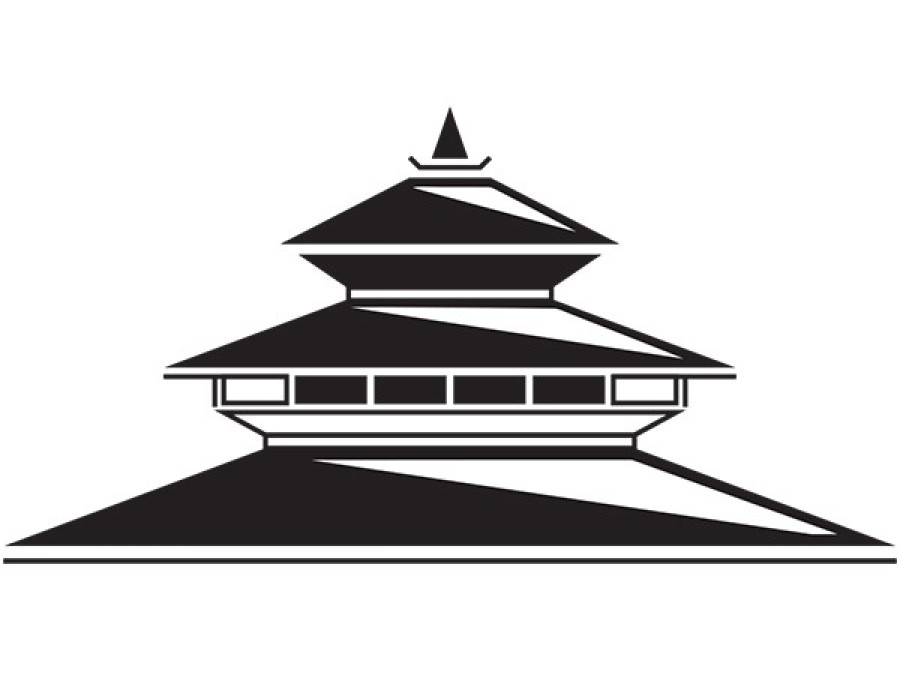Editorial
Economic ills
Finance minister should focus on introducing reforms rather than playing blame games
The white paper on the country’s current economic situation launched last week by Finance Minister Yuba Raj Khatiwada has prompted many to remain circumspect, as it has painted a gloomy picture of the economy.
Nepal’s economy, no doubt, is facing some headwinds, as remittance inflow is decelerating, trade deficit is widening due to soaring imports and foreign exchange reserves are shrinking. These problems have reduced the flow of deposits to banks and financial institutions, putting the brakes on credit expansion. On the other hand, the government’s budgetary position is gradually weakening due to disbursement of Rs225 billion in grants to newly-formed local bodies—which is around 9 percent of the GDP—and inefficient public financial management.
This calls for a need to introduce new reform measures to transform the economy.
Transforming an economy is not a simple job, but Prime Minister KP Sharma Oli had probably circumvented other candidates and appointed Khatiwada, a technocrat, to the plum post of finance minister for this very reason.
Khatiwada has done a good job by launching the white paper, which has not only dissected economic data but analysed weaknesses of previous governments in handling of economic affairs. But he should now stop playing blame games to score political points and focus on work to bring about tangible and positive changes in the lives of ordinary people.
When the Nepali Congress-led government took charge of the country in the early 1990s, the economy was in a sorry state. But a slew of reforms introduced at that time gave a boost to the economy like never before. Till date, Nepali Congress is credited for helping create a strong economic foundation, which has endured two decades of lacklustre economic growth and armed Maoist insurgency.
The PM Oli-led Communist Party of Nepal (Unified Marxist Leninist) has the opportunity to leave behind a similar legacy.
For this, Khatiwada must find new revenue sources and initiate a fiscal consolidation process.
The government currently gets 47 percent of its revenue from taxes imposed on imported goods. This is an indication of Nepal’s growing dependency on imports, which is reducing the number of manufacturing units that are crucial for job creation, and pushing the country towards the path of deindustrialisation. This is a menace to sustained economic growth. The government should immediately stop this and formulate plans to create a productive and diversified economy that can grow at a rate of over 6 percent per annum.
Nepal very well knows that it does not have adequate financial resources to achieve high economic growth. So, laws on foreign investment must be amended to enable foreign capital to flow into the country. This will help in job creation and diversify the economy.
Focus should also be laid on expanding irrigation facilities to 100 percent of the arable land from the existing 25 percent so that farmers do not have to rely on the skies to raise agricultural production, while efficiency of public spending on healthcare and education should be enhanced to get value for money.
Many believe Khatiwada can achieve these tasks and are willing to ignore some of his weaknesses and mistakes. But people will not give him the benefit of the doubt for ever.




 9.89°C Kathmandu
9.89°C Kathmandu














